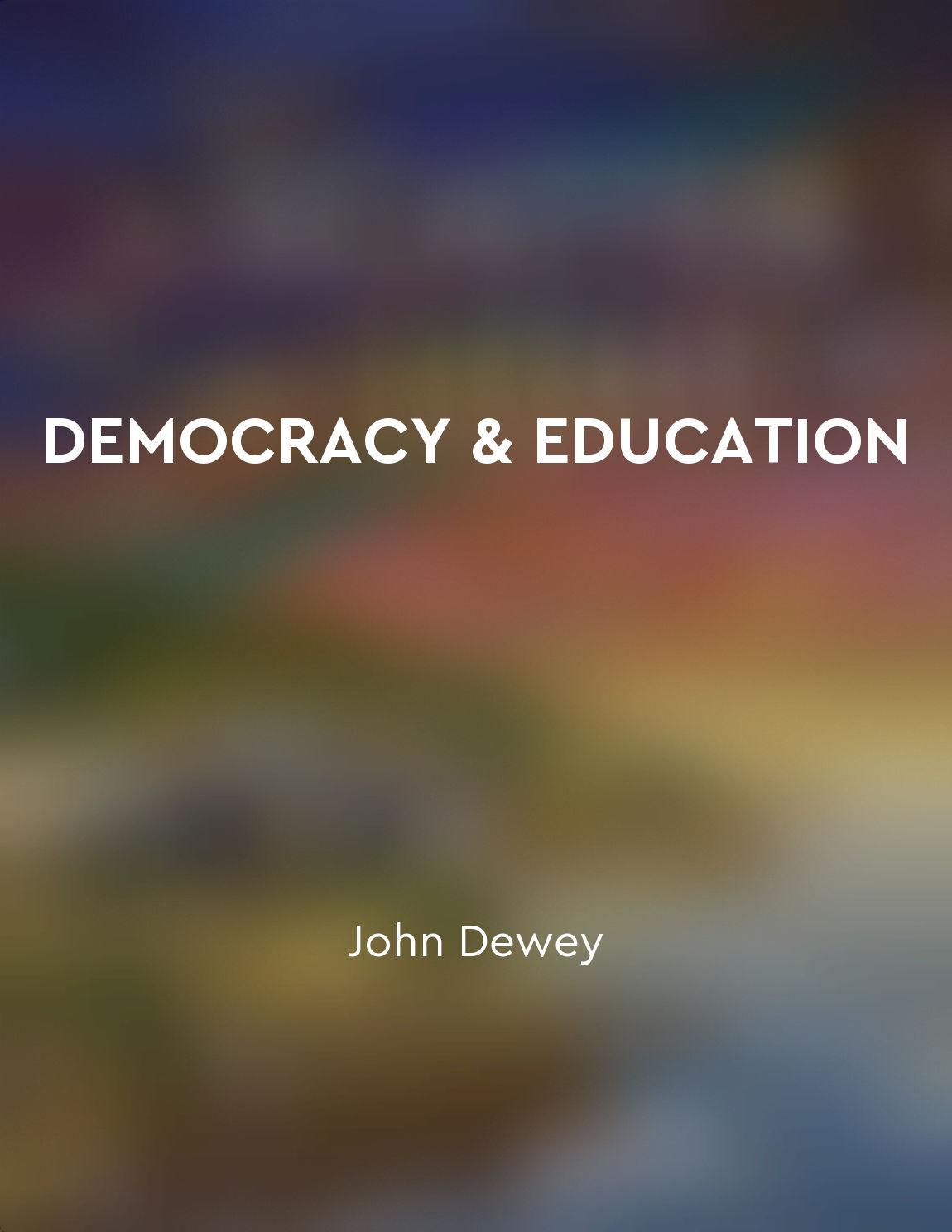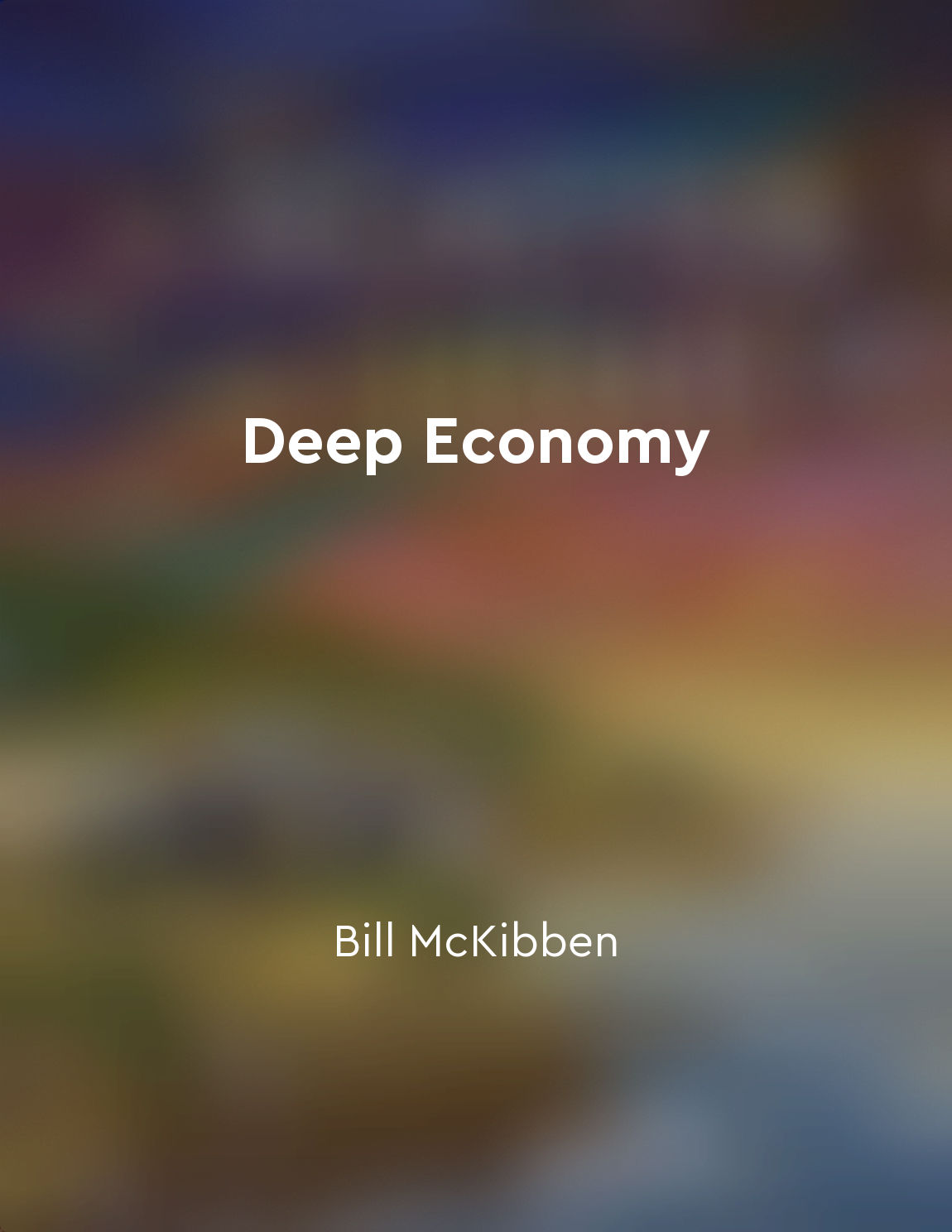Active participation in civil society is essential for a wellfunctioning democracy from "summary" of Bowling Alone: Revised and Updated by Robert D. Putnam
Active participation in civil society is essential for a well-functioning democracy. This concept emphasizes the importance of individuals engaging with their communities and participating in various social and political activities. When people actively participate in civil society, they contribute to the overall health and vitality of democracy. By being actively involved in their communities, individuals can help shape public policies, hold elected officials accountable, and ensure that the needs and interests of all citizens are represented. This kind of engagement fosters a sense of connection and belonging among community members, creating a stronger sense of social cohesion and trust. Furthermore, active participation in civil society helps to counteract the trend of social isolation and alienation that has been on the rise in recent decades. When people come together to work towards common goals and address shared challenges, they are more likely to feel a sense of belonging and purpose. This, in turn, can lead to greater feelings of happiness and well-being among individuals and communities. Additionally, active participation in civil society can help to address the growing polarization and division that has been plaguing many democracies around the world. When people from different backgrounds and perspectives come together to engage in dialogue and collaboration, they can find common ground and work towards shared goals. This kind of interaction can help to bridge divides and build understanding and empathy among diverse groups of people.- Active participation in civil society is not only essential for a well-functioning democracy, but it also has numerous benefits for individuals and communities. By engaging with their communities and participating in social and political activities, individuals can help to strengthen democracy, foster social cohesion, combat social isolation, and promote unity and understanding among diverse groups of people.
Similar Posts
Political decisions are not based on morality but on necessity
In the realm of politics, decisions are often governed by the imperative of necessity rather than the constraints of morality. ...

Be willing to sacrifice
To truly make a difference in this world, we must be willing to make sacrifices. Sacrifice is not always easy or comfortable, b...

Tenement reform
Tenement reform was a crucial issue in the late 19th century, as the living conditions in these buildings were deplorable. The ...
A better world is within reach
The promise of a better world lies just beyond our reach, tantalizingly close yet somehow always out of grasp. It is a vision t...
Shared norms and reciprocity are essential for social capital
Shared norms and reciprocity play a crucial role in the creation and maintenance of social capital. When individuals within a c...

Education should prepare students for active participation
The essence of education lies in its ability to equip students with the necessary skills and knowledge to actively engage in so...
Education is essential for a wellfunctioning society
Education is the key to the prosperity and stability of any society. It is through education that individuals learn the skills ...
Political engagement is a form of social capital
Political engagement, in all its myriad forms, represents a fundamental aspect of social capital. Putnam elucidates this point ...

Building resilient communities is essential for the future
In the face of looming challenges like climate change and economic inequality, it is clear that our current way of life is not ...

Education plays a role in democratic decisionmaking
In a democratic society, education is not just about acquiring knowledge and skills; it plays a crucial role in shaping the dec...

